Recycling Guidance and Advice

Recycling is great for the environment, but only 12 million tonnes of waste in the UK is recycled a year, while 14 million tonnes goes to landfill*.
Unfortunately, this might simply be because it can be hard to understand and remember what can be recycled and what can’t be recycled.
We all know plastic, glass and paper can be recycled, but what about bubble wrap and coat hangers? Styrofoam and black plastic?
We’ve compiled a list of some of the most confusing everyday products when it comes to recycling, helping you decide what can and can’t be recycled.
Can you recycle…
Polystyrene and Styrofoam?
YES!
Expanded Polystyrene (EPS) is 100% recyclable, however not all councils will take it as recyclable at kerbside as sorting it from other types of plastic is a difficult process as it breaks down easily. It’s advised to check online for where you can recycle polystyrene in your local area, and if that’s not possible, try and avoid buying items with polystyrene as much as possible.
For more on recycling polystyrene, check out our blog post all about it.
How does Kedel use polystyrene?
Here at Kedel, we use polystyrene to create our recycled plastic blanks, beams and outdoor furniture products. To do so, we melt it down and extrude it through a metal die-like spaghetti, where it is then chopped up into smaller pieces. It’s then fed through another extruder, where the pieces are mixed with colour and a raising agent. It’s then forced through another metal die to make cladding, tongue, groove or other shapes. This is then drawn through a cooling channel where it sets into its desired shape ready for sale.
Lightbulbs?
YES!
But…
Energy-efficient light bulbs (fluorescent lamps) can be recycled at local recycling centres, while older, incandescent bulbs cannot and should be thrown away with household waste in the rubbish bin.
Bubble wrap?
YES!
Some councils now offer household collection for recycling of the likes of bubble wrap, plastic film and carrier bags, however, if this isn’t available, bubble wrap can be recycled at collection points such as supermarkets.
Wrapping paper?
YES!
While not all councils will do so, some councils now accept wrapping paper in their household recycling collection scheme. Before recycling, it’s best to check with your local council that this is suitable.
Coat hangers?
YES!
Despite not being allowed in household recycling bins, depending on their material, broken coat hangers can be taken to specific recycling containers as instructed by the council. If they’re not broken, coat hangers should be taken to charity shops and other shops to be reused.
Does Kedel use coat hangers in production?
Yes, here at Kedel we use coat hangers to create our products.
Aerosol cans?
YES!
Aerosols can be recycled in the majority of household recycling bins and recycling points.
How To Recycle Aerosols
-
Make sure the aerosol is empty
-
Do not pierce, crush or flatten the cans
-
Remove any loose and easily removable parts (such as the lid) and dispose of them with the rest of the recycling
Aluminium foil?
YES!
Aluminium foil can be recycled in the majority of household recycling bins and recycling points.
How To Recycle Foil
-
Rinse and clean off any crumbs or food residue. To rinse, dunk in the tray of washing up water.
-
Scrunch up kitchen foil with other pieces of kitchen foil to make a bigger ball. This makes it easier to recycle.
Books?
NO!
Books generally cannot be recycled with other paper and cardboard because of the glue that’s used to bind them. However…
Books should always be passed on (or sold) to someone else, or donated to a charity shop/school.
Black plastic?
YES!
Despite old black plastic being non-recyclable, new black plastic is recyclable. This is because new black plastic is made from a special type of plastic that can be detected by lasers when sorted for recycling.
Bottle caps?
YES!
Aluminium bottle tops and screw lids can be recycled, as well as plastic bottle caps.
Toothbrush heads?
NO!
Made from nylon and various plastics, toothbrush heads usually cannot be recycled and have to go to landfill waste. A good way to combat this is to buy eco-friendly toothbrushes that decompose quickly.
CDs, DVDs and cases?
YES!
CD’s, DVD’s and their cases are commonly accepted at local recycling centres and recycling collection points, however, it’s advised to check with the local council first. If your council doesn’t collect them, charity shops are likely to take unbroken CD’s and DVD’s to sell, while it’s also possible to sell them yourself through resale sites.
Does Kedel use CDs in production?
Yes, here at Kedel we use CD’s and DVD’s to create our products.
Crisp packets?
NO!
Sadly, crisp packets are not recyclable and should always be put in the rubbish bin.
For more ways to reduce your waste, check out our extensive blog post now. Browse our wide range of recycled plastic goods at Kedel today and discover everything from recycled plastic decking, recycled plastic wood and recycled plastic fencing. By doing so, you’re playing your part in maintaining low carbon emissions and protecting the planet.

.png)
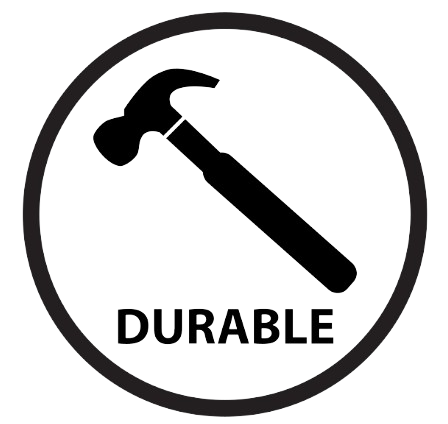
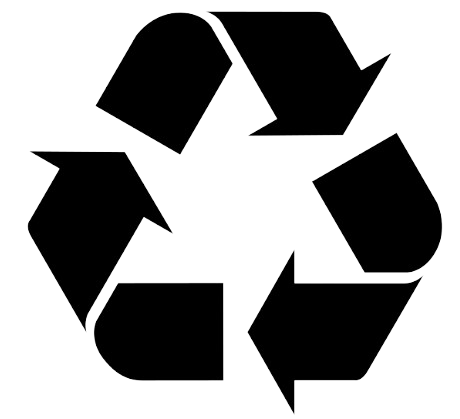 100% Recycled Plastic
100% Recycled Plastic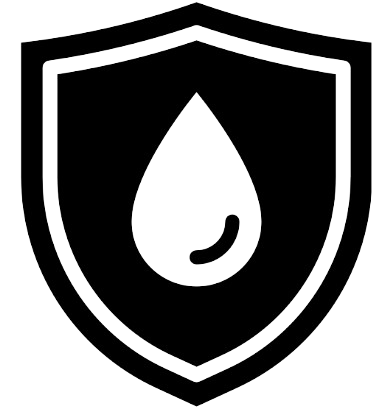 Will Never Rot
Will Never Rot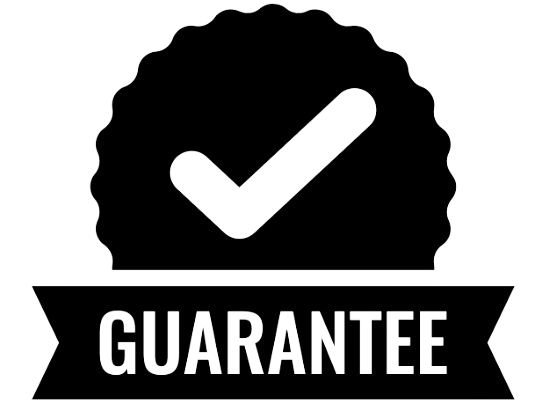 25 Year Guarantee
25 Year Guarantee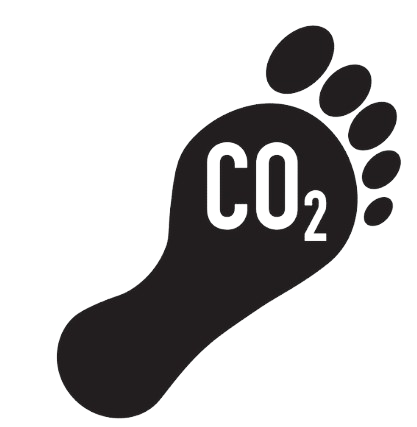 Low Carbon Footprint
Low Carbon Footprint